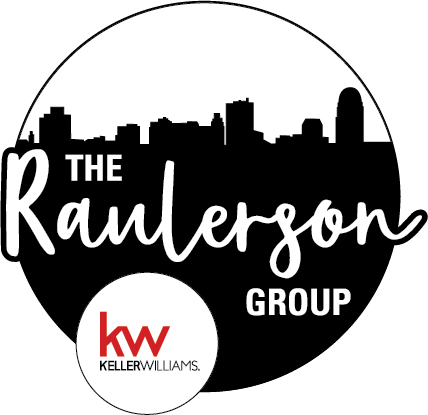Published January 8, 2023
What Insurance Policies Do You Need?

Insurance can be a valuable tool to safeguard you and your family against unexpected expenses or high costs. There are various types of insurance policies available to suit different needs, but let's examine some of the benefits of having insurance coverage.
Why insurance is important
As a homeowner, it's important to have insurance to protect yourself from the cost of unexpected events. Insurance policies generally require you to pay a premium, whether it's monthly, semi-annually, or annually, to keep your coverage active. The specific terms of your policy and the type of coverage you choose will determine what is covered, but insurance can help pay for incidents such as car accidents, theft, health issues, and home repairs. If you need to use your insurance, you will file a claim with the company to request payment for a covered incident. Keep in mind that most insurance policies have a deductible, which is the maximum amount you will have to pay before receiving a payout from the insurance company. It's important to carefully review the fine print of any policy before signing to understand the deductible and any other terms. Here are a few types of insurance policies that every homeowner should consider.
Homeowners or renters insurance?
If you're financing your home through a mortgage, your lender may require you to purchase homeowners insurance to protect your investment. Homeowners insurance helps safeguard your home against incidents such as theft, fires, and certain natural disasters. If any of these events occur, you can file a claim with your insurance provider, who will then send out an adjuster to assess the damage. If the incident is covered under your policy, you'll receive a payment to help with the cost of repairing or replacing your home and any damaged or stolen goods.
Renters insurance is similar to homeowners insurance, but it doesn't cover the structure of the rental property since that's typically the responsibility of the landlord's insurance policy. Renters insurance can help cover the cost of stolen or damaged electronics, furniture, and living expenses if your rental home or apartment becomes uninhabitable.
Car insurance
If you own or lease a vehicle, car insurance is an essential purchase. It can help cover the cost of repairs or a replacement vehicle if you're involved in an accident. Liability insurance, in particular, can help cover the cost of repairs to other vehicles if you're at fault in an accident. Without insurance, you'll be responsible for paying for all accident-related expenses out of pocket, which can be financially burdensome. To protect yourself and your vehicle, it's a good idea to have auto insurance before driving.
Health insurance
Health insurance is an important way to help pay for medical expenses such as doctor's visits, prescriptions, hospital stays, and appointments with specialists. While the premiums for these policies can be high, they can potentially save you thousands of dollars in the event of a significant health issue that requires extensive medical treatment. Many employers offer health insurance as a benefit to their employees, but you can also explore various plans and coverage options on healthcare.gov
Life insurance
Life insurance is a way to provide financial protection for your loved ones in the event of your death. When you purchase a life insurance policy, you choose a coverage amount that will be paid to your beneficiaries - the people you have designated to receive the policy's benefits - upon your death. It's a good idea for everyone to have life insurance, but it's especially important if you've recently gotten married, had a child, or purchased a home, as it can help ensure the financial security of your family. Insurance is there to help protect you and your loved ones when you need it most, so it's worth exploring your coverage options to see which ones are the best fit for you and your situation.





